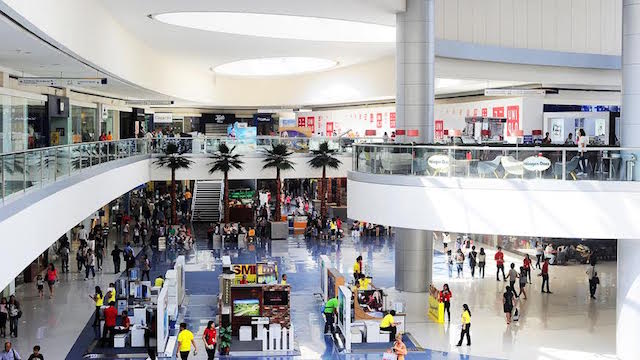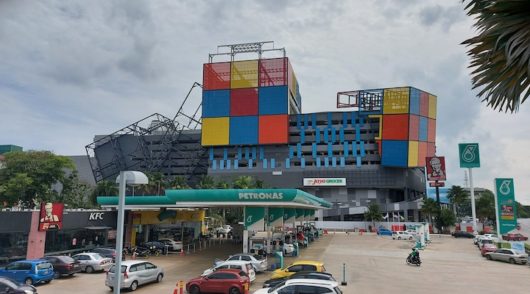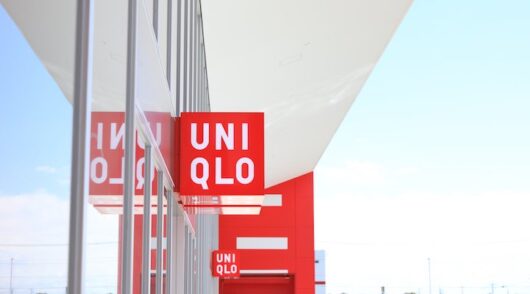The Philippine retail industry is anticipated to account for a fifth of the country’s overall economic output in the next decade.
According to infrastructure group KGLI Asia CEO/group investment director Mark Williams, the positive growth is being driven by a business process outsourcing (BPO) industry that is expanding at a rate of least 10 per cent annually, and a middle-class population that is projected to reach 8.4 million by 2030.
Total offshore remittance is growing at about 11 per cent annually.
Quoting an AT Kearney report, Williams says Asia Pacific has four of the five top countries in the Global Retail Destination Index(GRDI), thanks to a combination of large populations and high growth. The Philippines has the second-highest time pressure score, just after Vietnam, indicating an urgency to enter the country and capture growth opportunities.
“Indeed, activities have been brisk in recent years,” says the report. The latest entrants include Canadian F&B brand Tim Hortons, Singaporean F&B brands Baker & Cook and Plank Sourdough Pizza, and Hong Kong furniture brand Simply Modular.
Mega-size developments include Japanese department store Isetan teaming up with Federal Land to build a mixed-used complex on an 11ha site next to Grand Hyatt Tower in Taguig City. It will be Isetan Mitsukoshi’s first store in the Philippines.
Franchise pitches
Separately, global brands are pitching for franchise opportunities, including Lawry’s The Prime Rib from the US and China’s Element Fresh.
Some major developers, notably Ayala Land and Megaworld, have aggressively expanded their retail portfolio. According to Santos Knight Frank, F&B openings — ranging from fast food and restaurants to coffee shops — account for about 63 per cent of total retail openings in the first quarter of this year, followed by clothing and apparel with 26 per cent.
By next year, the market is projected to have a retail space supply of 500,000 sqm of gross leasable space, according to Santos Knight Frank, while JLL expects 88,000 sqm to be added to the retail space supply this second quarter. Cumulative retail space is estimated by JLL to reach 9 million sqm by 2020.
Consumer confidence in the Philippines reached 95.2 on the MasterCard Index in June last year, the highest level since records for the country began in 1995. The trend reflects the effective pro-growth policies of the government of President Duterte and the economy’s continued resilience, says a report from BMI Research, a unit of Fitch Group.
“Undoubtedly, the primary drivers of buying power and household consumption are the steady flow of remittances from overseas Filipino workers and the growing BPO industry,” says BMI. Average monthly remittances were about US$2.2 billion last year, growing at 11 per cent year-on-year since 2001. More than a third of domestic consumers receive remittances.
Euromonitor International says the country’s middle-class consumption is expected to change the retail landscape with the number of middle-class households in the Philippines set to grow by 41.8 per cent between 2015 and 2030 to reach 8.4 million.
This forecast growth puts the Philippines among the top 10 nations with the fastest rates of middle-class expansion for 2015-2030. The median disposable income is set to reach $11,429 per household in 2030, representing a 70 per cent real gain from $6710 in 2014.
Millennial power
As millennials surpass the baby boomers as a demographic size, they are dictating retail spending, says Williams. Many millennials work in the flourishing BPO industry and have high disposable incomes. As a result, more retail establishments in NCR and other emerging growth cities are being developed at a rapid rate.
North of Manila, Central Luzon had its highest economic growth rate from 2011 to last year at 9.5 per cent. Angeles City and the rest of Pampanga has shopping malls, resorts and hotels as well as residential subdivisions, from the affordable to high-end. Pampanga is one of Central Luzon’s key provinces.
Williams says his company is building a 177ha office and retail development in Clark Freeport Zone in Angeles City in Luzon. Next to Clark International Airport, the Global Gateway Clark development is within easy reach of expanding Southeast Asian cities and the financial centres of the world. Two major expressways and a planned high-speed rail link link with Manila.
“Two towers are completed and leasing well, and the development will feature interconnected walkways, alfresco dining, rooftop bars, restaurants and pocket parks.
“As Duterte aims to change policies that restrict foreign investment, we are confident that local growth combined with an increasingly friendly business environment will fuel retail growth in the Philippines.”






